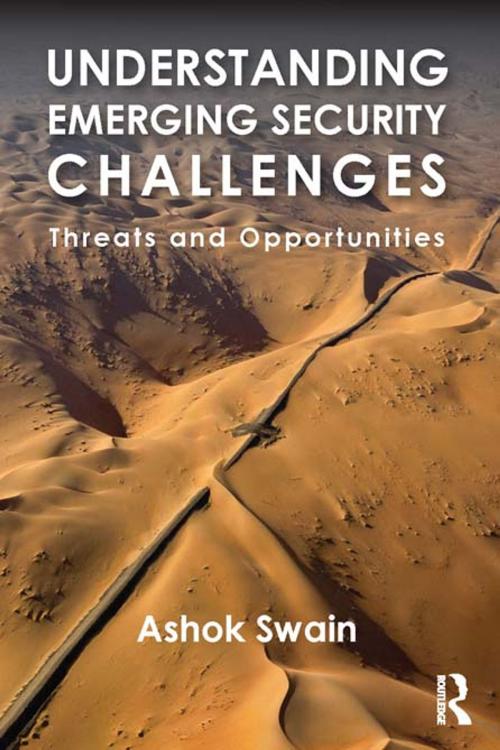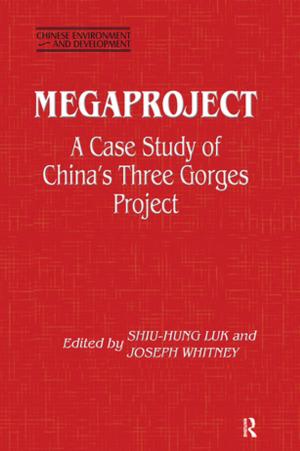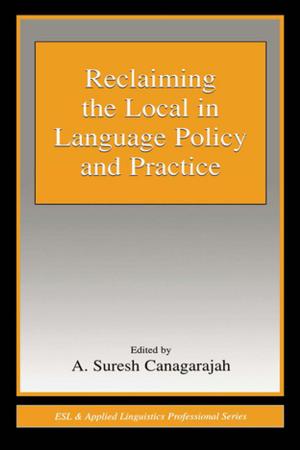Understanding Emerging Security Challenges
Threats and Opportunities
Nonfiction, Social & Cultural Studies, Political Science, International, International Relations| Author: | Ashok Swain | ISBN: | 9781136254505 |
| Publisher: | Taylor and Francis | Publication: | September 10, 2012 |
| Imprint: | Routledge | Language: | English |
| Author: | Ashok Swain |
| ISBN: | 9781136254505 |
| Publisher: | Taylor and Francis |
| Publication: | September 10, 2012 |
| Imprint: | Routledge |
| Language: | English |
This book offers an overview of emerging security challenges in the global environment in the post-Cold War era.
After the fall of the Berlin Wall and the subsequent shifting of international political environment, a new broader concept of security began to gain acceptance. This concept encompassed socio-economic-environmental challenges, such as resource scarcity and climate change, water-sharing issues, deforestation and forest protection measures, food and health security, and large population migration.
The book examines the causes and consequences of these emerging security threats, and retains a critical focus on evolving approaches to address these issues. The author attempts to develop a framework for sustainable security in a rapidly changing global political landscape, which seeks to bring states and societies together in a way that addresses weaknesses of the evolving international system. Moreover, through a detailed analysis of the emerging security issues and their pathways, the book further argues that the evolving processes not only pose critical challenges but also provide remarkable opportunity for cooperation and collaboration among and within various stakeholders.
This book will be of much interest to students of global security, war and conflict studies, peace studies and IR in general.
This book offers an overview of emerging security challenges in the global environment in the post-Cold War era.
After the fall of the Berlin Wall and the subsequent shifting of international political environment, a new broader concept of security began to gain acceptance. This concept encompassed socio-economic-environmental challenges, such as resource scarcity and climate change, water-sharing issues, deforestation and forest protection measures, food and health security, and large population migration.
The book examines the causes and consequences of these emerging security threats, and retains a critical focus on evolving approaches to address these issues. The author attempts to develop a framework for sustainable security in a rapidly changing global political landscape, which seeks to bring states and societies together in a way that addresses weaknesses of the evolving international system. Moreover, through a detailed analysis of the emerging security issues and their pathways, the book further argues that the evolving processes not only pose critical challenges but also provide remarkable opportunity for cooperation and collaboration among and within various stakeholders.
This book will be of much interest to students of global security, war and conflict studies, peace studies and IR in general.















